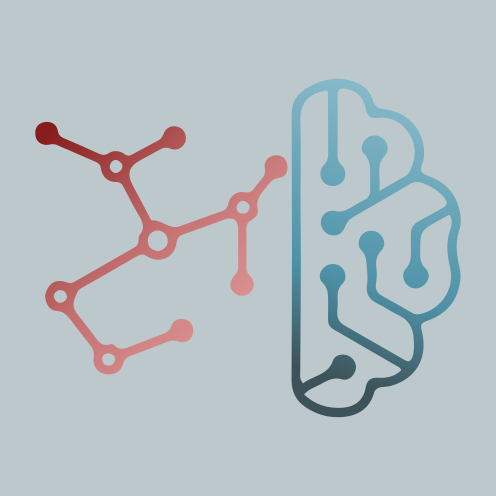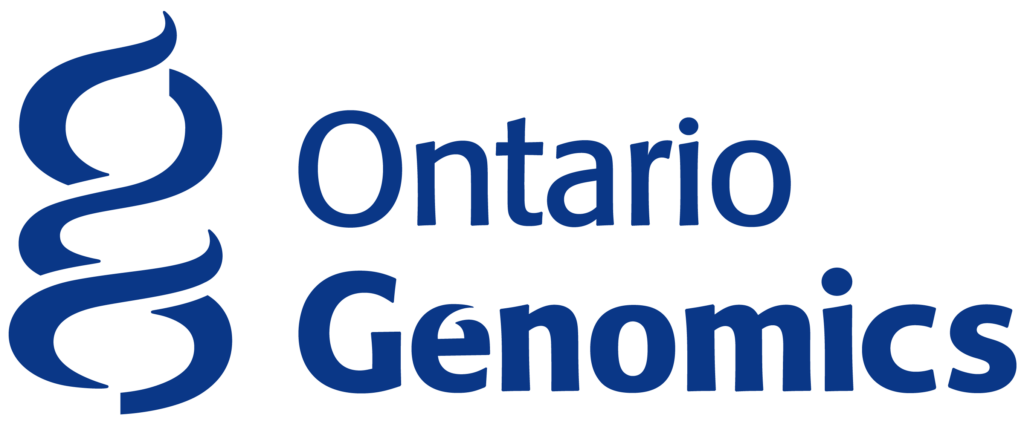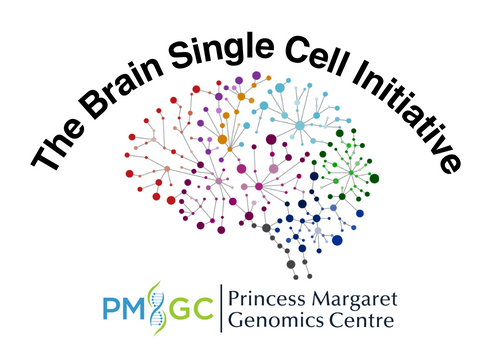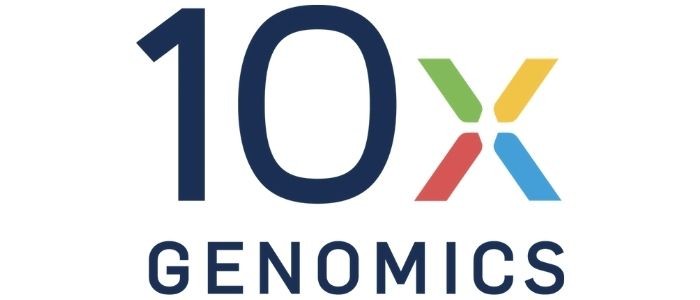
The Introductory Spatial ‘Omics Analysis Workshop is a joint collaboration between Panoramics – A Vision, the Brain Single Cell Initiative and Canadian Bioinformatics Workshops. Spatial ‘omics methods allow researchers to profile the transcriptome in spatial context. Although viewing the data may be straightforward, analyzing the results is more challenging. This workshop will introduce the participant to single molecular spatial transcriptome and image analysis in a supportive environment with practical, hands-on sessions. This workshop will focus on brain research and utilize Xenium datasets but learnings will be applicable to other research programs and spatial single molecular transcriptomics.
This workshop is offered both in-person and virtually. Please note that virtual participants will be supported by dedicated virtual TAs but may not have the same learning experience as in-person participants.
Priority will be given to brain researchers located in Canada.
ABOUT THIS COLLABORATION
Funding for this workshop is provided by the Brain Single Cell Initiative. The Brain Single Cell Initiative has been made possible by the Canada Brain Research Fund (CBRF), an innovative arrangement between the Government of Canada (through Health Canada) and Brain Canada Foundation, and University Health Network.
The Brain Single Cell Initiative is making single-cell and spatial genomics technology, along with scientific and bioinformatics support, available to brain researchers through the Princess Margaret Genomics Centre.
Panoramics – A Vision is a pan-Canadian working cluster for spatial and single cell multi-omics analyses.
Participants will gain practical experience and skills to be able to:
- Appreciate the bench practices and workflow in preparation for optimum single molecular spatial experiments.
- Understand the guiding principles that influence panel design and will be able to design an optimum panel.
- Perform data clean-up and pre-processing (normalization, dimensional reduction) steps relevant and specific towards single molecular platforms.
- Understand the different non-spatial and spatial methods of analysis and will be able to apply some of these methods during the workshop, including the fundamental application of geo-spatial statistical analysis.
- Understand the principles behind non-segmentation and segmentation analysis and apply a basic non-seg/segmentation method over their analysis.
- At the end of the course, the registrant will be able to plan single-molecular experiments and direct their experiment through analysis.
Graduates, postgraduates, and PIs working or about to embark on an analysis of spatial genomics data. Attendees may be familiar with some aspect of single cell RNA-seq analysis (e.g. gene expression analysis), single molecular spatial transcriptome and image analysis, or have no direct experience. This workshop is geared towards those who have both biological and bioinformatics interests.
Basic familiarity with Unix commands and the R/Python scripting language. This workshop requires participants to complete pre-workshop tasks and readings.
You will also require your own laptop computer. Minimum requirements: 1024×768 screen resolution, 1.5GHz CPU, 8GB RAM, 10GB free disk space, recent versions of Windows, Mac OS X or Linux (Most computers purchased in the past 3-4 years likely meet these requirements).
Module 1: Garbage-in, garbage-out (Or how to set yourself up for success)
- Optimizing data output by understanding wet-lab principles
- Designing and optimizing your gene panel
- Optimizing tissue sectioning and processing
- Understanding slide preparation and wet-lab workflow
Lab Practical: Review and test how to use web-based gene panel designer including PCA analysis and selection of markers for panel design.
Module 2: Understanding data output
- Review of standard output files and file paths
- Files that are required for compute analysis
- RNA expression preprocessing and QC
- Spatial analysis and comparison with single sell analysis
- Normalization and standardization – which method to use?
Lab Practical: Set up working environment with toy datasets. Participants will learn preprocessing steps including quality control and relevant plots, how to evaluate QC metrics at single cell and transcript level, and clean up data for analysis.
Module 3: Normalization and Dim reduction
- Introduction to how normalization and dim reduction differently affect single molecular image datasets as compared to single cell datasets
- Learn standard dim reduction methods (PCA & UMAP), leiden clustering
Lab Practical: Practice 1-2 normalization methods.
Module 4: Realizing the spatial potential in your datasets (part 1)
- Introduction to spatial statistics
- Overview of different spatial metrics available for point data analysis
Lab Practical: Apply basic point statistical methods to toy data.
Module 5: Realizing the spatial potential in your datasets (part 2)
- Overview of all current available spatial methods/packages available and the spatial metrics incorporated in these different methods
- Discuss which methods are applicable for which application
Lab Practical: Apply selected statistical methods/package for full spatial analysis of toy dataset.
Module 6: Segmentation
- Introduction to cell segmentation
- Challenges around cell segmentation
- Applying your own segmentation
- Overview what segmentation-free methods are and when and where they are applicable
Lab Practical: Learn how to overlay standard segmentation mask on dataset. Create and apply an alternative segmentation mask and explore segmentation-free methods.
Duration: 2 days
Start: Jul 09, 2024
End: Jul 10, 2024
Status: Registration Closed
Workshop Ended

Canadian Bioinformatics Workshops promotes open access. Past workshop content is available under a Creative Commons License.
Posted on:
 Download the poster announcing this workshop
Download the poster announcing this workshop







